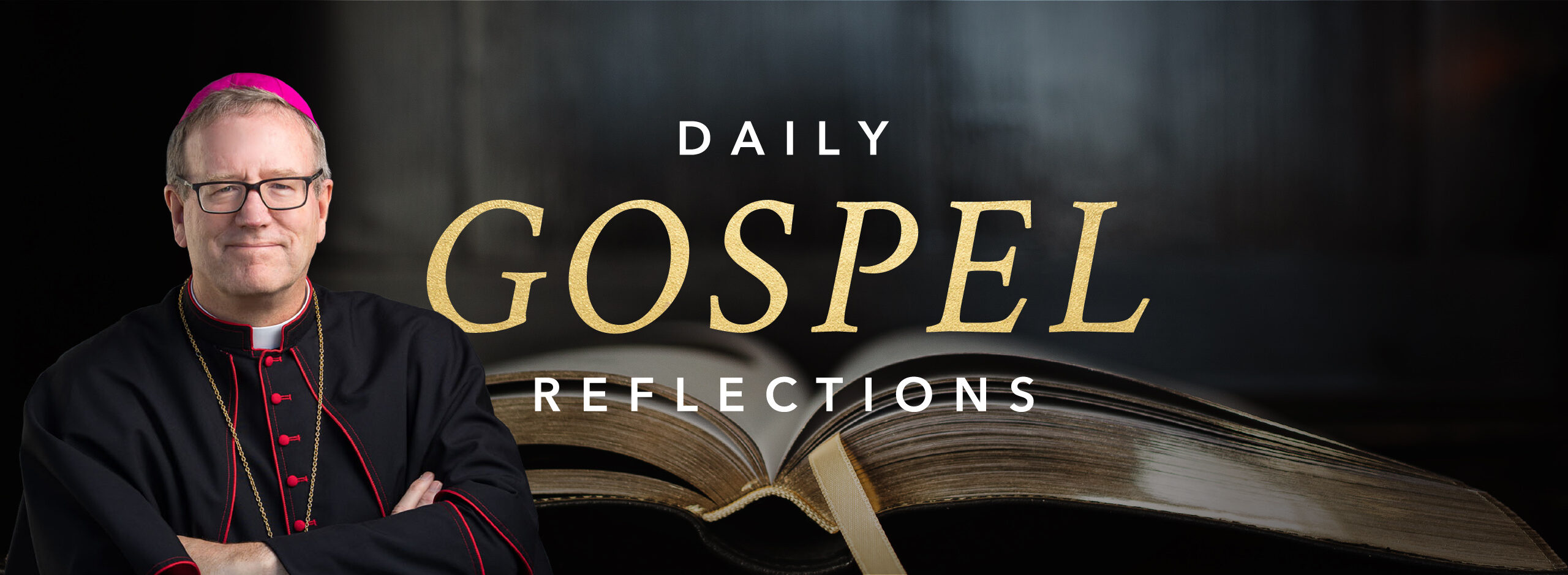Friends, in today’s Gospel, Jesus explains the purpose of the parables: “Knowledge of the mysteries of the Kingdom of God has been granted to you; but to the rest, they are made known through parables so that they may look but not see, and hear but not understand.”
The use of the word “para” in the New Testament signals the failure to see at various levels. The great metaphor here is the blindness of the Jews, a blindness which is identified with disobedience.
The parables of Christ are meant to highlight and point out this blindness, this willful refusal to see. They themselves, in their peculiar form, are judgments on those who cannot see in them signs of salvation.
The parables are often exercises whose purpose is to confuse and confound the hearer, overturning her expectations and upsetting her theological convictions. A parable does its work by turning our ordinary conception of the spiritual world upside-down. And we would be greatly remiss if we did not attend to the instruction that emerges from those startling, funny, off-putting, and strangely enlightening stories that Jesus loved to tell.
